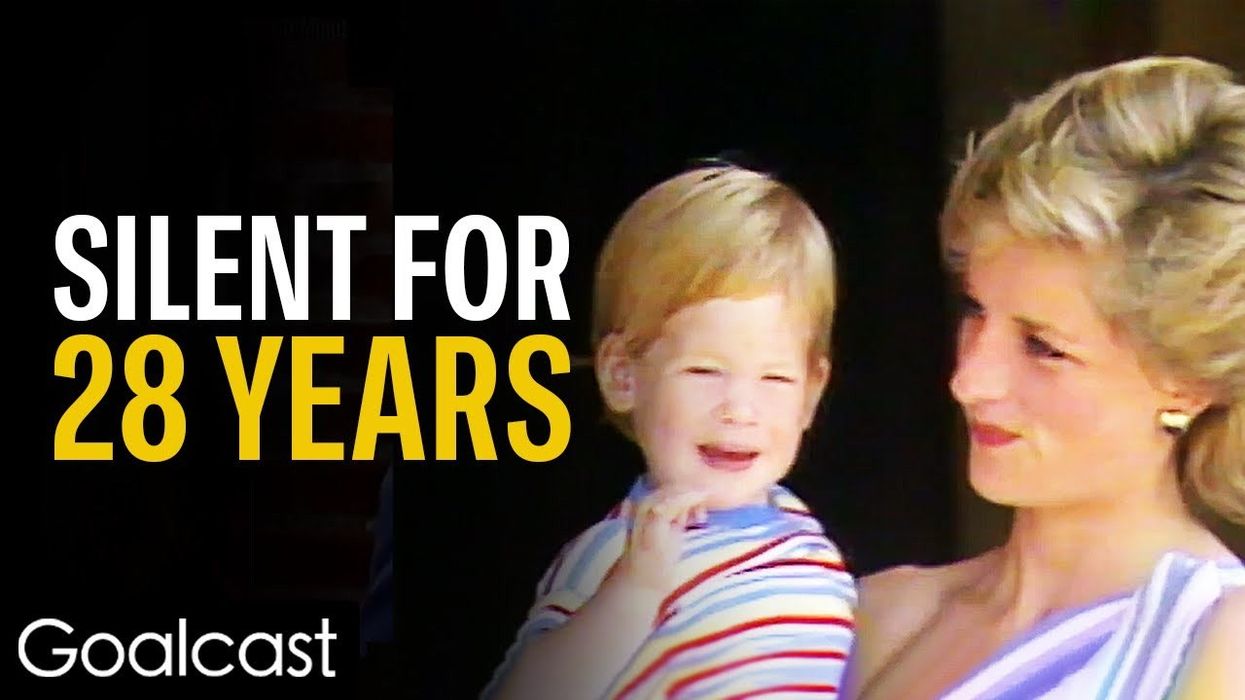Life Stories
Why Paul Walker Left His Only Daughter With Vin Diesel
When the tragic news of Paul Walker's death surfaced, the world was left in shock. As one of the most beloved stars of the Fast and Furious franchise, his passing was felt deeply by fans around the globe. But perhaps the most devastating impact was felt by his daughter, Meadow Walker, who was left without a father.
Jun 17, 2024






















